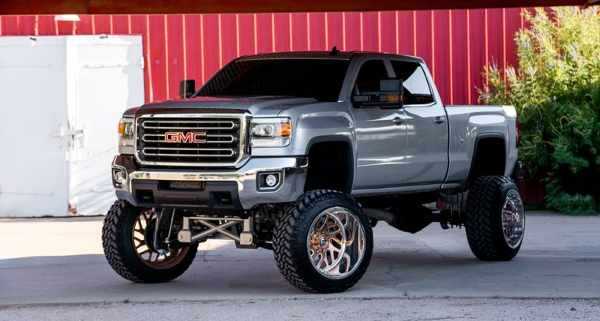If trucks are an important part of your company’s business model, whether you’re in the construction industry or you use them to deliver your goods, you may wonder whether it’s time to upgrade. This can be a costly and time-consuming process, so it’s really not something that you want to embark upon without being fairly sure that it will lead to good outcomes. It may be helpful to talk to other business owners and finding out what criteria they are using and how old their vehicles are. In addition, consider the points below as you decide whether the time is right for an upgrade within your company’s truck.

Safety
Of course, you want your vehicles and your drivers to be safe, but you also want your safety measure to be cost-effective and to work. So, is it worth upgrading your fleet for this particular reason? It really depends on the age of your vehicles and what kind of condition they’re in. Engine hour data is one way that you can better monitor the general wear and tear on your trucks. It can be useful if you’ve already decided that getting new trucks is the way to go or in helping you decide whether it’s time to get new ones.
Engine hour information makes preventative maintenance much easier for fleet managers, helping to make billing for equipment use more accurate and keeping track of the time the vehicle is idling. If you aren’t sure whether this tech is right for your company, you can read more about tracking engine hours to help you decide. Another safety-related reason to consider newer models is that they will come with more automated features. Automatic braking, lane departure warning and help with blind spot navigation are among the features in newer models that make drivers significantly safer.
Your Company’s Brand
What do you want people to think of when they think of your company? Do you want them to picture old, outdated trucks? How might this affect client or customer perceptions of your business? Your business branding is extremely important and with sustainability as a buzzword, you may want to consider the potential efficiency of an upgrade. You can get newer vehicles that are more fuel efficient as well as having other benefits, such as not needing as much maintenance.
Bringing on Drivers
There are many suitable jobs for car enthusiasts, or those who simply enjoy driving, but you want to be sure that you are hiring the right people. Given a choice between driving an old truck and a newer model, most good drivers are going to prefer the latter. Your response might be that their preferences are all very well and good but they’re going to need to drive what you have. There’s one problem with this approach, which is that you’ll struggle more to hire and retain drivers, who know they can go elsewhere to get behind the wheel in vehicles that are safer, more comfortable and more pleasant to drive all around. Better equipment means better morale and all-around better performance.
False Economy
If you’re looking at the prices of new vehicles and still feeling unconvinced about the above points, consider that saving money now on buying new trucks is only going to cost you more in the long run. It’s simply more expensive to operate old trucks than new ones, and this becomes more and more true the older they get. That’s not even taking into account the issue with retaining drivers mentioned above. Another way to look at this is that you’re going to have to replace the vehicles that you have now eventually, possibly in the next year or two. Would you rather wait until you’ve thrown increasing amounts of money at problem vehicles before spending the money to buy new ones anyway? Run the actual numbers and see if you don’t come to the same conclusion.

